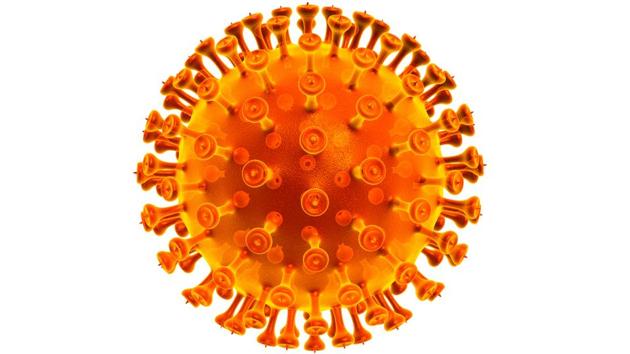Medical saviour: This protein cuts risk of viral infection, herpes-induced cancer
Kaposi sarcoma is a cancer that causes lesions in soft tissue, including skin, the oral cavity, lymph nodes and internal organs.
A team of researchers has identified a protein that could prevent cancer by restricting a type of herpes virus from replicating.

Researchers of the University Of Southern California in Los Angeles examined the human herpes virus 8, otherwise known as Kaposi’s sarcoma-associated herpes virus. Kaposi sarcoma is a cancer that causes lesions in soft tissue, including skin, the oral cavity, lymph nodes and internal organs.
They sketched a disease roadmap for a soft tissue cancer called Kaposi sarcoma. Senior study author Shou-Jiang Gao has been studying this eighth type of herpes virus for almost 25 years.
“Understanding how the herpes virus switches from being dormant to causing cancer is important because of the health problems the herpes virus causes worldwide,” Gao stated. Most herpes viruses remain dormant until someone’s immune system weakens due to factors such as age or a disease like human immuno-deficiency virus or HIV.
When the immune system cannot keep diseases in check, some of these herpes viruses can cause cancers. The authors stated that the findings can potentially be translated into novel therapeutic approaches for cancers that are caused by viral infections.
The team looked at messenger RNAs, which carry genetic messages from DNA to help make proteins - long chains of amino acids that form structural components of body tissue such as muscle and hair. Specifically, they studied N6-methyladenosine (m6A) and N6, 2-O-dimethyladenosine modifications to messenger RNAs.
The researchers found that a protein called YTHDF2 that can help regulate the human herpes virus 8 by detecting the m6A modification on viral messenger RNA. The protein is the key switch that regulates human herpes virus 8 replication. The research appears in the journal of Nature Microbiology.
Follow @htlifeandstyle for more
Catch your daily dose of Fashion, Health, Festivals, Travel, Relationship, Recipe and all the other Latest Lifestyle News on Hindustan Times Website and APPs



